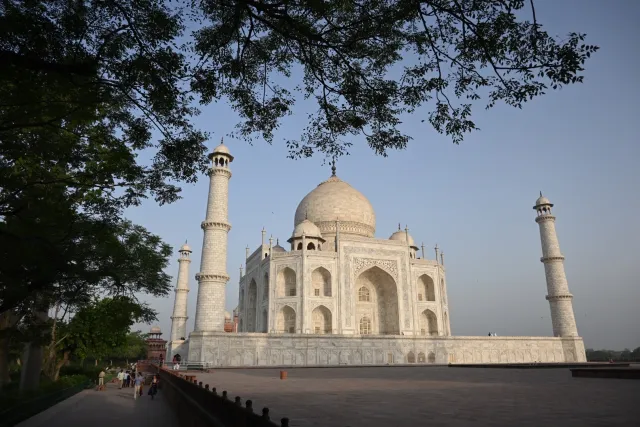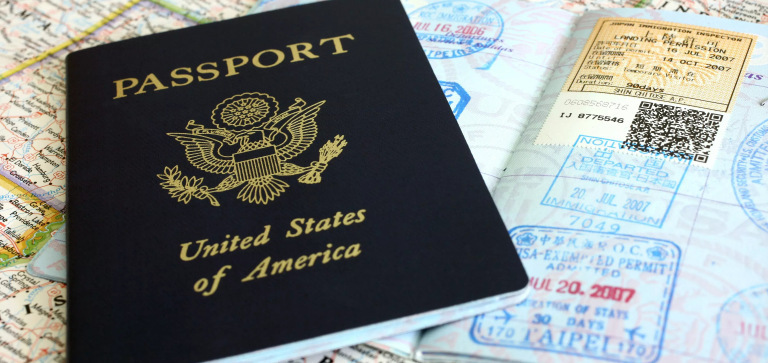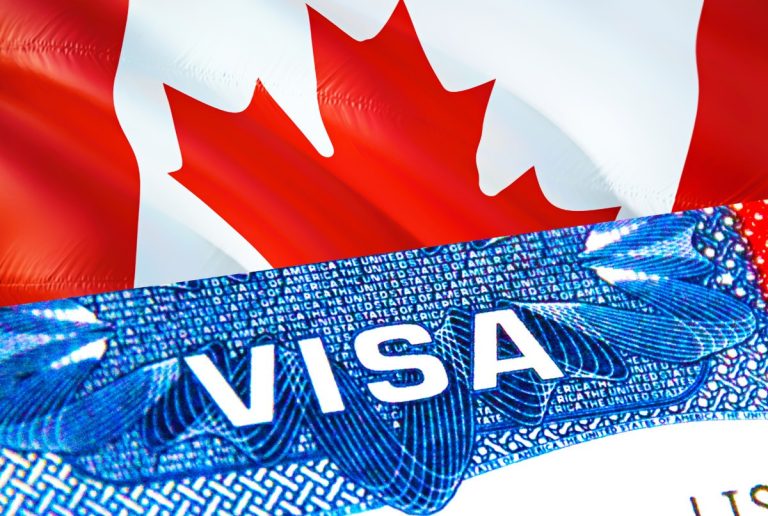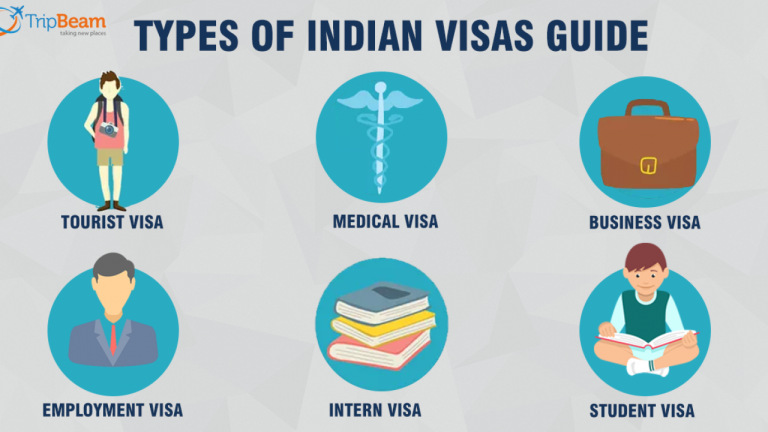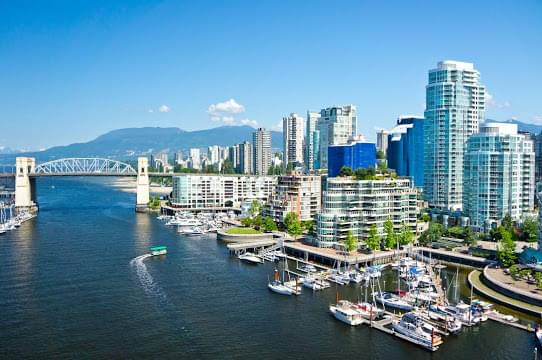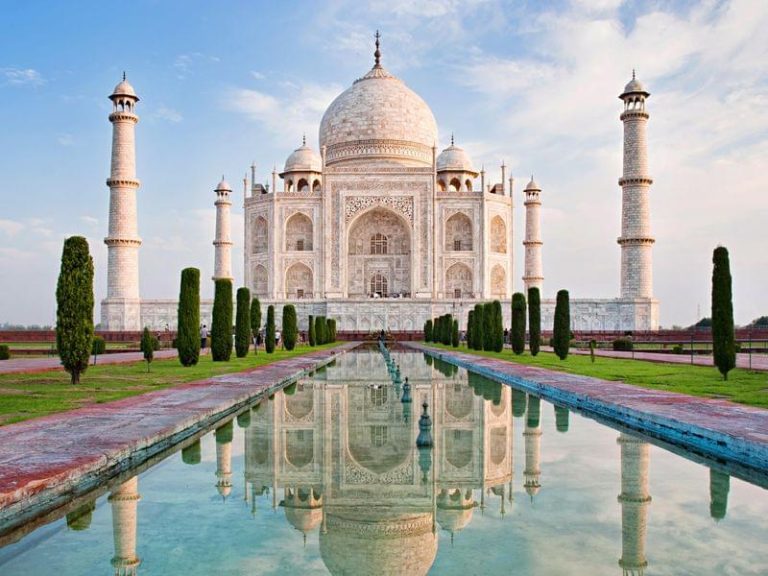Your Ultimate Guide to Traveling to India: A Comprehensive Checklist for Americans
Traveling to India is a dream for many Americans, but the excitement of a new adventure can quickly be dampened by the stress of preparation. With its rich culture, vibrant cities, and historical landmarks, India offers a unique travel experience. But before you pack your bags, it’s crucial to understand the Indian visa process and prepare a comprehensive travel checklist. This guide will walk you through everything you need to know for a smooth and enjoyable trip. INDIA TRAVEL CHECKLIST FOR AMERICANS
Understanding the Indian Visa Process
Types of Indian Visas
India offers various types of visas depending on the purpose of your visit. The most common types for tourists are:
- Tourist Visa: For sightseeing and visiting friends or relatives.
- Business Visa: For those traveling to India for business meetings or conferences.
- Medical Visa: For seeking medical treatment in India.
- Student Visa: For those attending educational institutions in India.
Indian Visa Processing Time
The processing time for an Indian visa can vary based on the type of visa and your nationality. Generally, it takes about 7 to 15 business days for processing. However, during peak seasons or in case of additional documentation requirements, it might take longer. It’s always a good idea to apply well in advance to avoid any last-minute stress. INDIAN VISA PROCESSING TIME
How to Apply for an Indian Visa
Applying for an Indian visa involves several steps:
- Fill Out the Application Form: The form can be completed online or on paper. Ensure all details are accurate.
- Submit Required Documents: Include a valid passport, passport-sized photographs, and any other documents specific to the visa type.
- Pay the Visa Fee: Fees vary based on the visa type and processing time.
- Attend an Interview (if required): Some visa types may require an interview at the nearest Indian consulate.
Documents Required for Indian Visa Application
Make sure you have the following documents ready:
- Passport: Must be valid for at least six months beyond your planned stay.
- Photographs: Typically two recent passport-sized photos.
- Proof of Travel: Such as flight bookings and itinerary.
- Proof of Accommodation: Hotel bookings or invitation letters.
- Financial Proof: Bank statements or a letter from your employer.
Essential Items for Your India Travel Checklist
Passport and Visa
Your passport and visa are the most crucial items. Ensure your passport is in good condition and your visa is valid for the duration of your stay. Keep copies of these documents in a separate place in case of loss or theft.
Travel Insurance
Travel insurance is highly recommended. It covers unexpected events such as medical emergencies, trip cancellations, or lost luggage. Choose a plan that offers comprehensive coverage for your trip.
Health Precautions and Vaccinations
India is known for its diverse health risks, so it’s important to get the necessary vaccinations. Common vaccinations include:
- Hepatitis A and B
- Typhoid
- Tetanus-Diphtheria
- Malaria Prevention: Depending on the areas you plan to visit.
Currency and Payment Methods
While major cities in India have ATMs and accept credit cards, it’s wise to carry some cash. Indian Rupees (INR) are the local currency, and exchanging money at local banks or currency exchange counters is usually straightforward.
Accommodation and Travel Arrangements
Book your accommodation in advance to avoid last-minute issues. Research options based on your budget and preferences. Also, plan your local travel arrangements, whether it’s renting a car, using public transport, or hiring a taxi.
Clothing and Personal Items
India’s climate varies by region and season. Pack lightweight clothing for hot climates, and bring warmer clothes if you’re traveling to cooler areas. Comfortable walking shoes are essential, and don’t forget personal items like toiletries and a basic first-aid kit.
Tips for a Smooth Trip
Language and Communication Tips
English is widely spoken in major cities and tourist areas, but learning a few basic phrases in Hindi or local languages can be helpful and appreciated. Consider carrying a translation app or phrasebook for convenience.
Cultural Etiquette and Local Customs
India is rich in culture and traditions. Respect local customs, dress modestly, and be aware of cultural norms, especially in religious sites. Remove your shoes before entering temples and follow local practices.
Safety Tips and Emergency Contacts
Stay vigilant and keep your belongings secure. Familiarize yourself with emergency contacts and local safety guidelines. The Indian police can be reached by dialing 100, and it’s advisable to have the contact details of your country’s embassy or consulate.
How to Stay Connected: SIM Cards and Internet
For reliable internet access, consider buying a local SIM card upon arrival. Many providers offer tourist SIM cards with data plans. Wi-Fi is available in most hotels and public places, but having a local number can be handy for navigation and communication.
Conclusion
Traveling to India can be an unforgettable experience if you’re well-prepared. By understanding the visa process, packing wisely, and respecting local customs, you can ensure a smooth and enjoyable trip. Whether you’re exploring historical sites, indulging in local cuisine, or immersing yourself in vibrant cultural festivals, India has something for every traveler.
FAQs
How long does it take to get an Indian visa?
Typically, it takes 7 to 15 business days, but processing time can vary based on the type of visa and additional documentation requirements.
What vaccinations are needed before traveling to India?
Common vaccinations include Hepatitis A and B, Typhoid, Tetanus-Diphtheria, and possibly Malaria prevention depending on your travel itinerary.
Can I use my credit card in India?
Yes, credit cards are widely accepted in major cities and establishments, but carrying some cash is advisable for small purchases and rural areas.
What are some must-try foods in India?
India offers diverse cuisine. Some must-try dishes include Biryani, Masala Dosa, Butter Chicken, and local street foods like Chaat.
How can I find reliable transportation in India?
Research local transportation options before your trip. In cities, taxis and auto-rickshaws are common, while trains and buses are available for longer journeys. Booking through reputable services can enhance safety and convenience.
